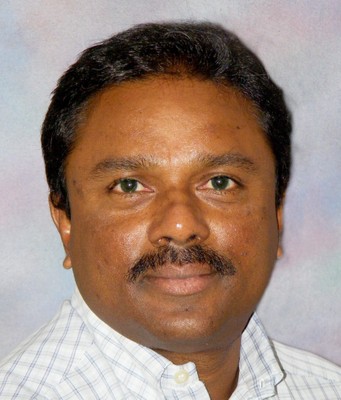The South African Telecommunications Sector: Poised for Change
-
Telecom
Annual Conference
IIT-M, IIT-B, IIIT-B, IGNOU, NISTADS, CCMG - Jamia Millia Islamia
CIS in collaboration with the LINK Centre, Graduate School of Public and Development Management, University of the Witwatersrand, South Africa and in association with different institutions across India is organizing a Lecture Tour on:
“The South African Telecommunications Sector: Poised for Change” By Sagie Chetty, Senior Manager, Eskom, South Africa.
It will be our pleasure to have you join us for the talks.
The Co-hosts, Dates and the Venues for the Talk are given below –
- Co-Host: Indian Institute of Technology, MadrasDate: 19th October, 2009 at 3.30pmVenue – IIT-M, Chennai
- Co-Host: Indian Institute of Technology, BombayDate: 20th October, 2009 at 4.00pmVenue – IIT-B, Mumbai
- Co-Host: International Institute of Information Technology, BangaloreDate: 23rd October, 2009 at 4.00pmVenue – IIIT-B, Bangalore
- Co-Host: Indira Gandhi National Open University, DelhiDate: 26th October, 2009 at 3.00pmVenue – IGNOU, Delhi
- Co-Host: National Institute of Science Technology and Development Studies, DelhiDate: 27th October, 2009 at 3.00pmVenue – NISTADS, Delhi
- Co-Host: CCMG – Jamia Millia Islamia, New DelhiDate: 29th October, 2009 at 2.00pmVenue – CCMG – Jamia Millia Islamia, New Delhi
About the Speaker:
Sagie Chetty is a Senior Manager in Eskom, South Africa’s largest electricity utility. Sagie spent the first part of his career at Eskom as Information Manager in the Generation Division. In that time he was responsible for information systems strategy development and implementation. Some of the key projects he has been involved in are the implementation of SAP Plant Maintenance, Business Intelligence systems and other bespoke Information Systems for Generation Power Stations.

Abstract of the Lecture: The South African Telecommunications Sector: Poised for Change
With a gross domestic product of over $506 billion (PPP, 2008) South Africa is one of the leading economies on the African continent. Only Nigeria with a GDP of $328 billion and Egypt with a GDP of $453 billion currently rival the South African economy. The economy is strong in manufacturing and agriculture, but is still based significantly on mining of gold, diamonds, platinum, coal and iron ore. Its main trading partner is the European Union. Bilateral trade with India amounts to $6, 2 billion (2008) with the balance of trade in South Africa’s favour to the value of about $1 billion.Although one of the leading economies in Africa, South Africa’s Information and Communications (ICT) sector has not shown the concomitant level of development that reflects its economic position in Africa. ICT usage – telephony and Internet – has historically been low, and electronic transactions are utilised largely by business. There are a number of reasons for this; however the high cost of telecommunications is certainly a contributing factor. The high cost is attributed largely to policy and regulatory failure in the telecommunications sector. The sector is characterized by powerful incumbent telecoms operators that thwart competition and further entrench their dominant market positions. The consequence is that the high telecommunications costs impact access, affordability and the cost of doing business for the region.Recent developments in the telecommunications sector, however could spell the end to high costs if policy and regulatory actions do not hinder competition. South African consumers can in the very near future look forward to lower telecommunications prices with the laying of new undersea cables, a new national backbone to compete with the existing one, new satellite ventures to provide the backhaul between cellular and broadband towers, a landmark court decision allowing value added network service providers (VANS) to build their own networks and the imminent entry of the incumbent telecommunications fixed line operator into the mobile arena. It is an opportune time for policy makers and regulators to take bold steps to free up the sector and open it up for true competition.Lines that historically demarcated fixed, mobile, voice, data are blurring, causing shifts in market structures. However, currently the market is structured around the incumbent Telkom for fixed lines services and Vodacom and MTN for mobile services. A second PSTN, Neotel has been licensed but is only offering limited services. A third mobile operator, Cell C is operating but has yet to gain any significant market share. The talk is open to all and there are no registration or entry fees. Please let us know if you require any further details.
VIDEOS